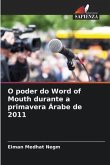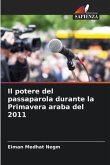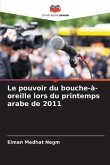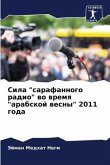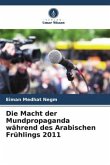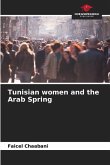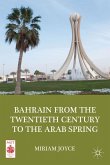Enthusiastic engagement of citizens in political life, especially in activities other than voting, is an essential condition for the liveliness of a democratic society. Social interaction has been claimed to increase the capacity for political mobilization and inspire political participations. Verbal interactions allow individuals to become more aware of politics, acquiring and forming governmental, constitutional, civil, electoral, and diplomatic values. Hence, significant verbal information is vital in shaping people's outlooks. Accordingly, the aim of this project was to develop a model of the key antecedents that lead to the creation of influential word of mouth and its impact on Egyptian citizens' attitudes and intentions to participate in unconventional politics, such as demonstration, petition signage, boycotting, marches, etc.
Bitte wählen Sie Ihr Anliegen aus.
Rechnungen
Retourenschein anfordern
Bestellstatus
Storno


